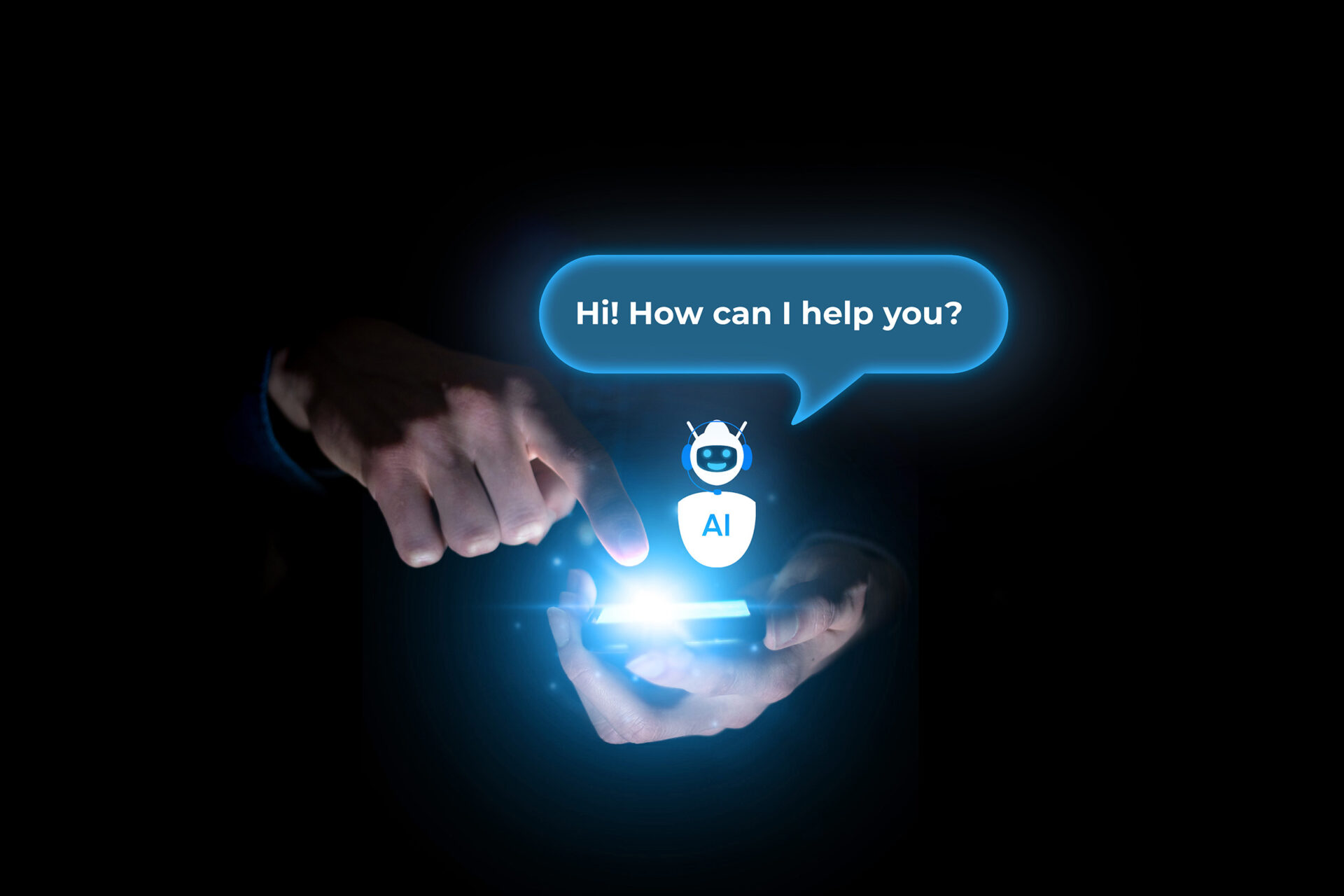It has happened. A little while ago, we had our first enquiry for our website development services, where the lead source was ChatGPT. The business gave ChatGPT their project brief and asked who are the best seven businesses in Newcastle and Sydney that can deliver the services required. We came up and are in the conversation for the work.
So it is happening. The exponential rise in the use of ChatGPT means that people are using it for an increasing number of purposes. The experience of a natural language interaction to generate content has turned into a natural language interaction of information sourcing. There is a shift from keyword or phrase searching in Google to more natural searching by asking questions.
If you have used Perpelixity, you will have seen the future of search. It is better than ChatGPT in that it doesn’t “generate” content as much as it summarises existing content to present a comprehensive answer and lists its sources foremost. This means it is less likely to throw in hallucinations or inaccuracies. We are now seeing Google react to this with its Gemini Search and rocky roll-out of Google AI Overviews.
The search experience is more efficient. This is the hallmark of AI, in that you get your results neatly packaged and pleasantly presented in a conversational manner. No longer do you need to sift through a list of links in search engine results pages, click through to a site, and then go back for another and another. Perhaps you open up separate tabs and have a number of them open for information in response to a single search. The time taken to get the information you want is greatly reduced. In this scenario, I hesitated to say you get THE information you want. You are outsourcing the selection of the sources of information that inform the answer you are delivered. There are no stupid answers, AI is all about efficiency. Accuracy and your own personal preference matter less. You are not going to wonder about the sources it didn’t consult. And with ChatGPT being the overwhelmingly most used tool, you rarely get to see the sources anyway.
So why does this matter for you as a business? As alluded to in the opening of this blog post, we have already received our first enquiries from ChatGPT. Business operators are using AI tools to find information on goods and services. Just as we have worked hard for over 20 years to ensure businesses are found easily in Google. It is now imperative to ensure our businesses are found in AI tools. This now includes Google, so thankfully, there is some overlap, but Google is less a “pocket” assistant tool that ChatGPT has become.
AIO: AI Optimisation for the New Search
To optimise your site in this AI-driven world, businesses need to embrace AI Optimisation (AIO). This involves reviewing how your website and content are designed and presented to be easily understood and interpreted by AI search tools. It also involves a greater understanding of what other websites and directories include in reference to your site.
Key Elements of AI Optimisation:
- Content Richness and Accuracy: You need to make sure your website offers comprehensive, accurate, and up-to-date information. AI tools prioritise sources that offer depth and reliability. Create comprehensive articles, blog posts, and how-to guides that provide valuable information to your target audience.
- Structured Data Markup: Your site needs to implement schema markup to help AI tools understand the context and meaning of your content, making it more easily discoverable. This includes identifying key elements like products, services, events, and reviews.
- Natural Language Optimisation: We need to present our content using helpful and conversational language that mirrors how people naturally ask questions. Think of how you would explain your business to a friend. Focus on user intent. You need to understand what users are searching for and tailor your content to answer their questions directly. Avoid using overly technical jargon or complex sentence structures.
- FAQ and Knowledge Base Development: It is important to incorporate a comprehensive FAQ section or category-specific FAQ sections and potentially a knowledge base to address common customer queries, making your website a valuable resource for AI search tools. This question-based content answers common questions users might have about your products or services.
- AI-Powered Search Functionality: Consider integrating AI search tools into your website such as HyperAi. This allows users to ask questions in natural language and receive tailored results.
If you are currently using a search engine optimisation service like ours, you can breathe a slight sigh of relief. The above components of AI optimisation, also happen to be what we encourage in search engine optimisation, the fundamentals are the same: Helpful, authorative, naturally written, and detailed content.
Implications for Internal Website Search
If you have a large website or multiple websites for your organisation, you need to consider the shift from keyword-based to question-based natural language information seeking. You will (or should) currently have a search function for your website. These are simplistic and rely solely on the presence of the keyword in your content to deliver a list of pages that contain that keyword. They do not consider keyword intent, nor do they assume search intent when the search terms contain typos. If used in a natural language question-based way, it is highly likely it will deliver no results at all because it will look for the natural language words in the search query in your content and is unlikely to find it.
An AI-fueled website concierge tool like HyperAi answers the user’s questions in context, recognising the intent, and presents the results with reasoning, recommendations, and links to relevant pages with a call to action. It finds the resources related to your user’s search, even if the keyword used is not in the content. For example, a search for child-friendly returns responses to products and services related to the child-friendly elements rather than results that are tagged or contain the exact term.
Replacing your search function with an AI-assisted function like HyperAi will carry you through the conversational natural-language journey to find your products and services. It is a more engaging and richer experience. Just as people are using ChatGPT as an information assistant, you can have your own AI customer service agent on your website,
The Future of Search is Here
We need to adapt and include AI tools in our lead source consideration and work to ensure our businesses are found when potential clients and customers are searching for our goods and services. Optimising our websites for information seeking in natural language is crucial. We also need to accommodate natural language information seeking on our own websites and ensure we guide users to our products and services in natural language and in response to question-based intent.
Keyword searching is dying. Natural language and question-based search using AI is here, and there are no stupid answers.




